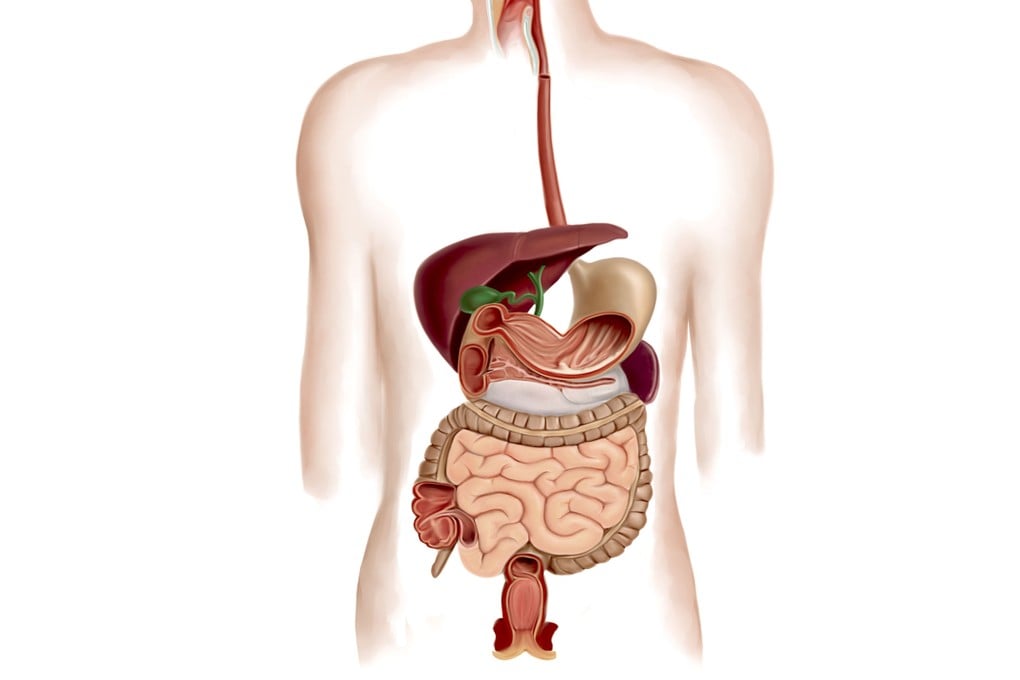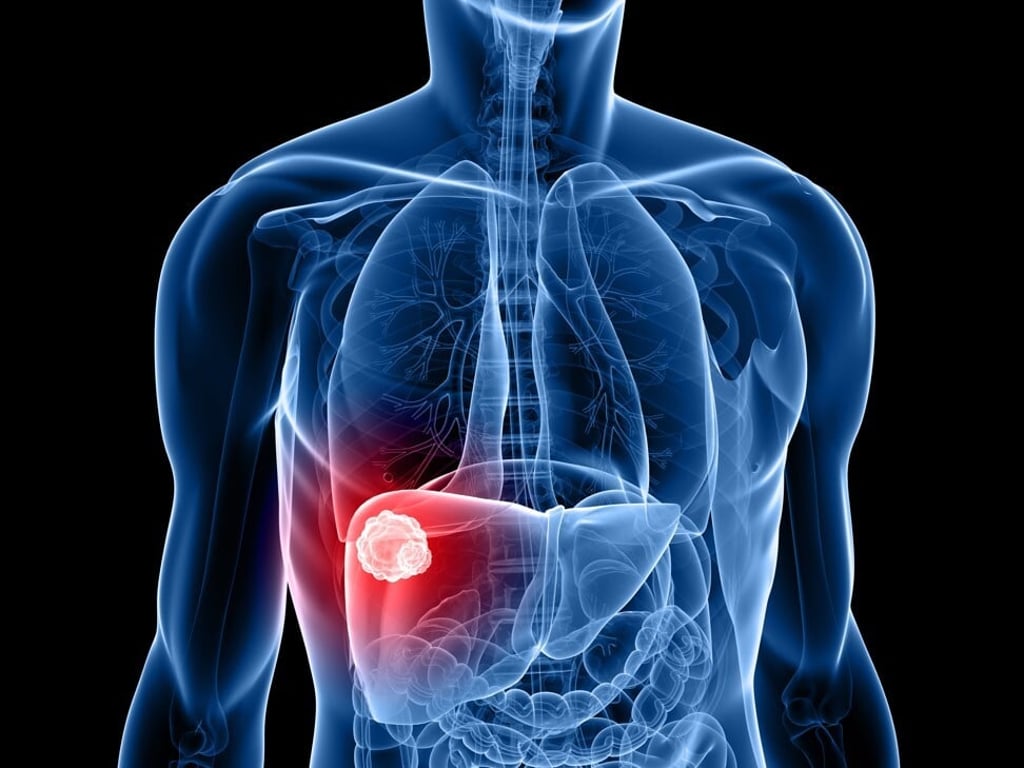Gastrointestinal cancers: lifestyle changes to lower risk factors you can make – it’s World Digestive Health Day
- Colorectal cancer, liver cancer and stomach cancer kill thousands of people a year in Hong Kong, and many more worldwide, but for most of us are avoidable
- Your weight, exercise, diet, alcohol use, and whether you smoke affect your chances of getting such cancers; eat more fruit and vegetables and less red meat

Gastrointestinal cancers are common in Hong Kong. Today is World Digestive Health Day, so there’s no better time to find out how to minimise your risk of developing the disease and maintain a healthy gut.
According to the most recent data from the Hong Kong Cancer Registry, for the year 2016, three out of the 10 most frequently diagnosed cancers in the city were related to the digestive system: colorectal cancer (ranked first with 5,437 new diagnoses), liver cancer (ranked fifth with 1,810 new diagnoses), and stomach cancer (ranked sixth).
Moreover, five of the 10 cancers responsible for the most deaths in Hong Kong were related to the digestive system: colorectal cancer (ranked second, responsible for 2,089 deaths), liver cancer (ranked third, 1,540 deaths), stomach cancer (ranked fourth), pancreatic cancer (ranked sixth), and oesophageal cancer (ranked ninth).
The risk of developing colorectal cancer increases noticeably after the age of 50, which is why most international guidelines recommend that average-risk individuals start colorectal cancer screening at this age. Lately, however, there has been a rise in the number of colorectal cancer cases in people younger than 50, particularly in the United States, and in parts of Europe and Asia, including Hong Kong.

“The risk factors for developing colorectal cancer can be separated into non-modifiable and modifiable factors,” says Dr John Wong, a gastroenterologist at OT&P Healthcare, Central Specialist Clinic in Hong Kong. “Besides advancing age, another non-modifiable factor is a family history of the disease. If you have a family history of colorectal cancer or advanced polyps, speak to your doctor about the best time to start screening.”